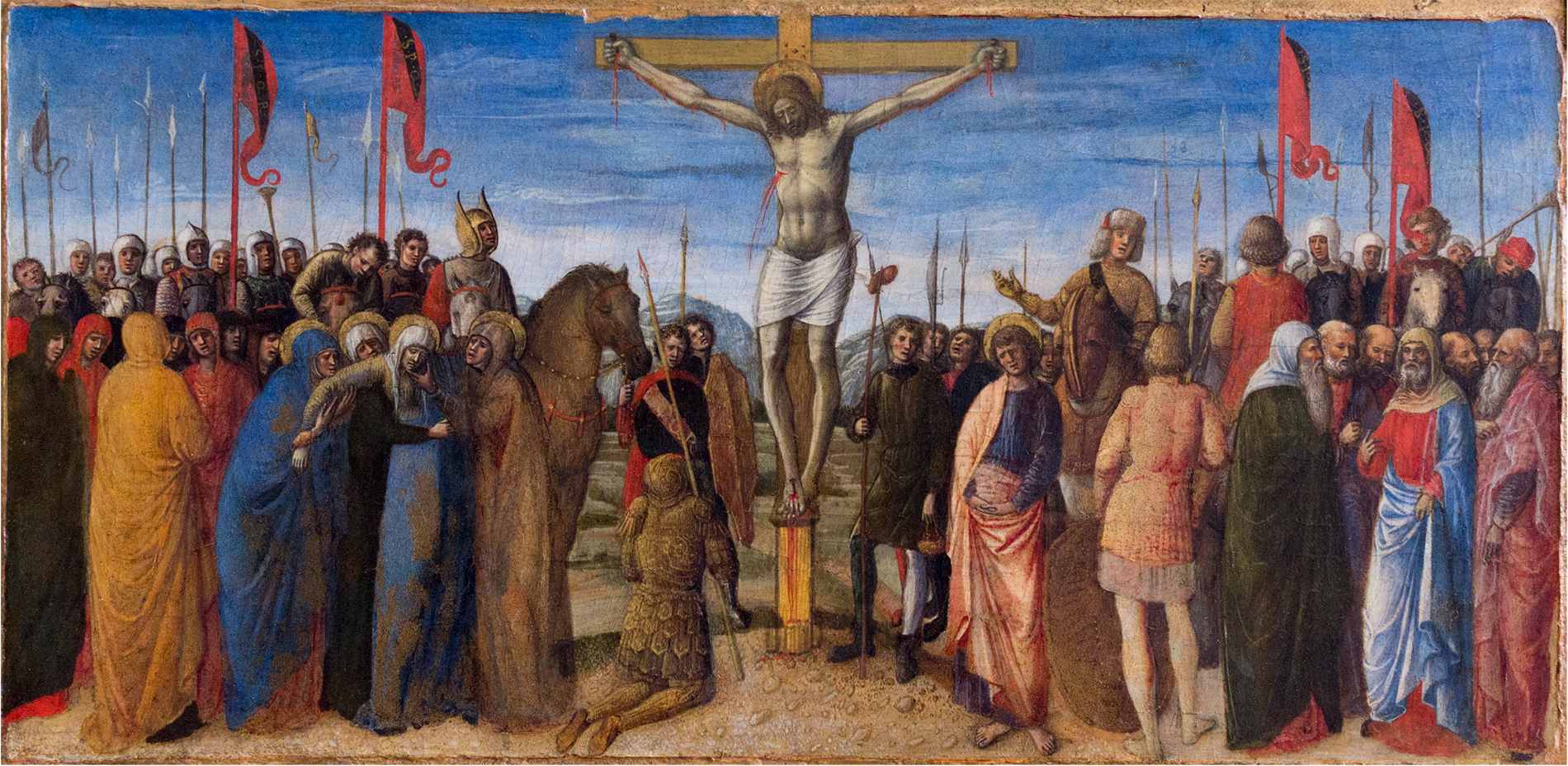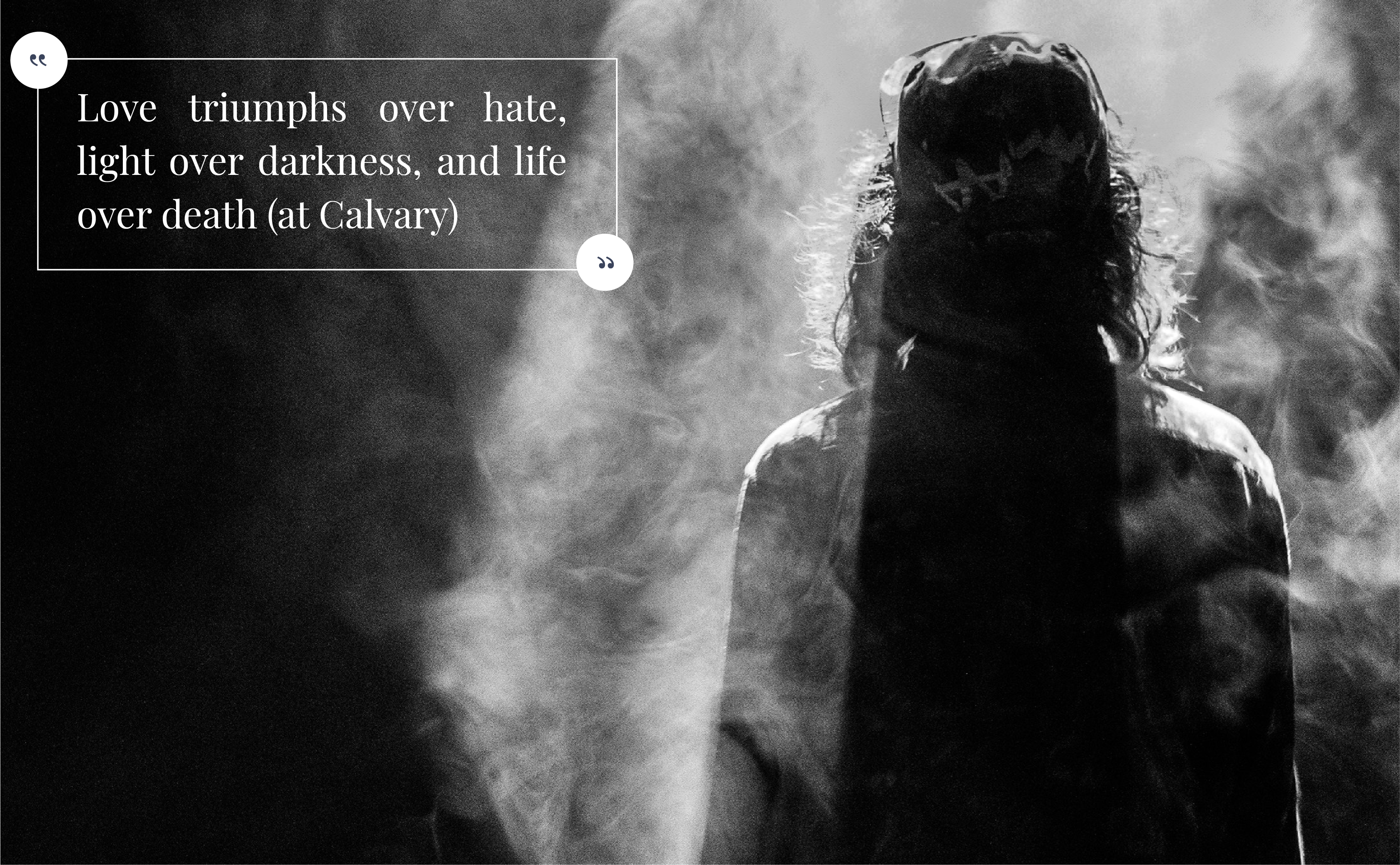
FORGIVENESS
Cosmetic companies have creams and deep cleansers.
Is there one for cleaning up the heart, please?
Tejdor Tiewsoh
On February 14th this year, as most young people worldwide were celebrating Valentine’s Day, the day of love, a young man rammed an explosive-laden vehicle into a convoy of security forces in the northern part of India leaving many soldiers dead, several more wounded, and scores of broken lives and broken hearts in the wake of the tragedy. Angered by the unprovoked attack, the nation retaliated. A month later, the world watched in shocked horror as another young man coolly entered a place of worship and calmly gunned to death fifty people and injuring many more, while recording the event live with no qualms, whatsoever. In his 74-page hate manifesto, one statement starkly reads: “Violence over meekness.”
These are but a few vignettes of the narrative of hate, revenge, destruction, and death that dominate the world’s headlines with increasing and disturbing regularity. In a world of such gruesome realities, what is the message of Good Friday? What is the implication of Easter?
Good Friday is a powerful reminder of God’s forgiveness and Easter is the declaration that we can access it. In an “eye for an eye” world where the ideology of hate, revenge, and retaliation rules, Christ’s words on the cross, as his life excruciatingly ebbs away, stand in sharp contrast. “Father forgive them,” he says of his executioners, “for they know not what they do.” And the wonder is that these words still resonate in the life and experience of those who worship him and choose to model their lives after him.

Jacopo Bellini, The Crucifixion, tempura on panel, XV century, Galleria dell’Accademia, Venice, Italy.
The recently released movie, “The Least of These,” features the story of late Australian missionary Graham Staines who, along with his two young sons was cruelly killed by a rabid and frenzied mob in Manoharpur, Orissa on January 23, 1999. Their crime? They dared to live out the love of Christ among the needy, sick, and neglected ones in this corner of the world. At the funeral of her husband and two boys, Gladys Staines, his widow, spoke and said, “I am not bitter. Neither am I angry. I can forgive their deeds. Only Jesus can forgive their sins… let us burn hatred and spread the flame of Christ’s love.” Powerful words coming from a life that has experienced God’s love and forgiveness in fullness.
Hatred and vengeance is a problem of the heart. Before it is expressed outside to others, it is already eating away inside of us. Someone said, “The heart of the problem is the problem of the heart.” The brokenness we see outside is an expression of the brokenness that is already there within us. The Bible says, “The heart is deceitful above all things and beyond cure. Who can understand it?” (Jeremiah 17:9). Before we think of healing and forgiveness for others, it should start inside ourselves first. A few years back, Bollywood Director and Producer, Shekhar Kapur, made a profound statement while opening a cosmetic shop in Mumbai: “Cosmetic companies are trying to turn India into a nation of Albinos. No dark area on any part of the body. Except maybe our hearts,” he jested. “Got a cream for that?”

The Prophet Isaiah who prophesied about Christ’s death hundreds of years before it happened said:
“Surely he took up our pain
and bore our suffering,
yet we considered him punished by God,
stricken by him, and afflicted.
But he was pierced for our transgressions,
he was crushed for our iniquities;
the punishment that brought us peace was on him,
and by his wounds we are healed.
We all, like sheep, have gone astray,
each of us has turned to our own way;
and the Lord has laid on him
the iniquity of us all.”

Perhaps, there is an answer to Shekhar Kapur’s question after all. The cream for the heart does exist. It is the blood of Jesus flowing down from Calvary. As the songwriter sings:
There is a fountain filled with blood
Drawn from Immanuel’s veins;
And sinners, plunged beneath that flood,
Lose all their guilty stains:
Lose all their guilty stains,
Lose all their guilty stains;
And sinners, plunged beneath that flood,
Lose all their guilty stains.
The dying thief rejoiced to see
That fountain in his day;
And there may I, though vile as he,
Wash all my sins away:
Wash all my sins away,
Wash all my sins away;
And there may I, though vile as he,
Wash all my sins away.[1]
If the world’s war cry is “violence over meekness,” the song that echoes so powerfully from the story of Good Friday is that love triumphs over hate, light over darkness, and life over death.
The article was first published in the Slice of Infinity, www.rzim.org
[1] William Cowper wrote one of his most loved and provocative hymns, “There is a Fountain Filled With Blood.” It was likely drafted in 1771, first published in Conyers’s Collection of Psalms and Hymns in 1772 and published again by Cowper and Newton in 1779 for The Olney Hymns.
